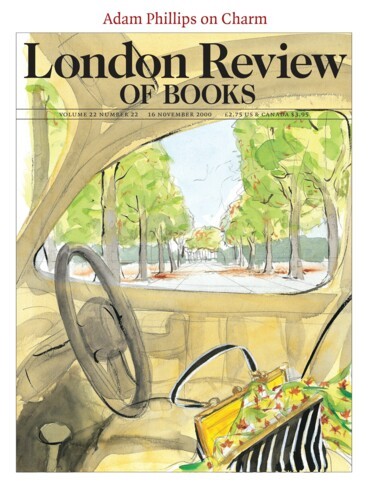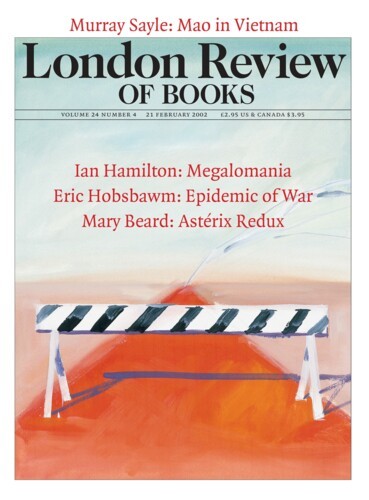Somewhat Divine: Isaac Newton
Simon Schaffer, 16 November 2000
‘This incomparable author having at length been prevailed upon to appear in public, has in this treatise given a most notable instance of the extent of the powers of the mind.’ This is how the very first review of the Principia began, in summer 1687: from the start, you were forced to admire Newton’s modesty, and his genius. The reviewer, the young astronomer Edmond Halley,...





